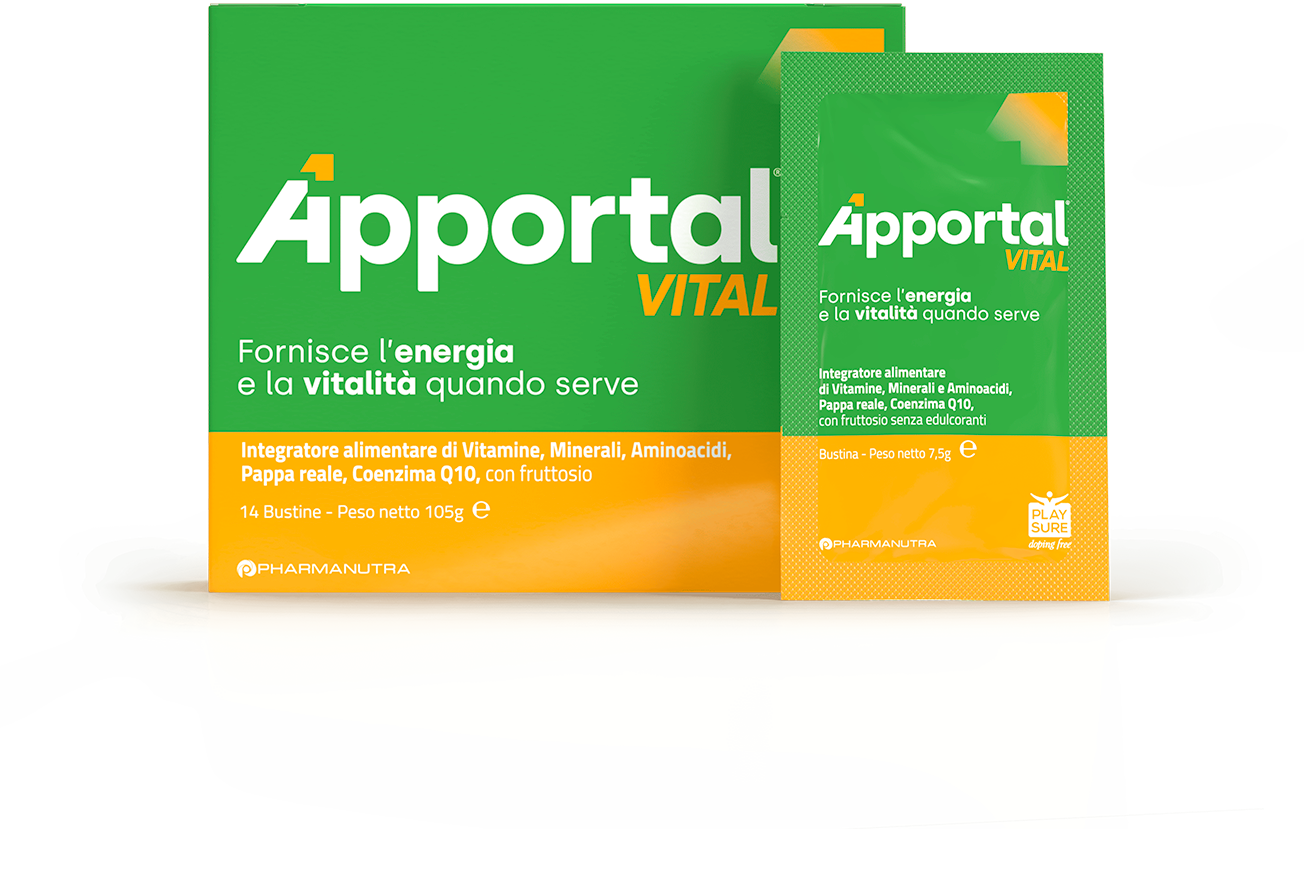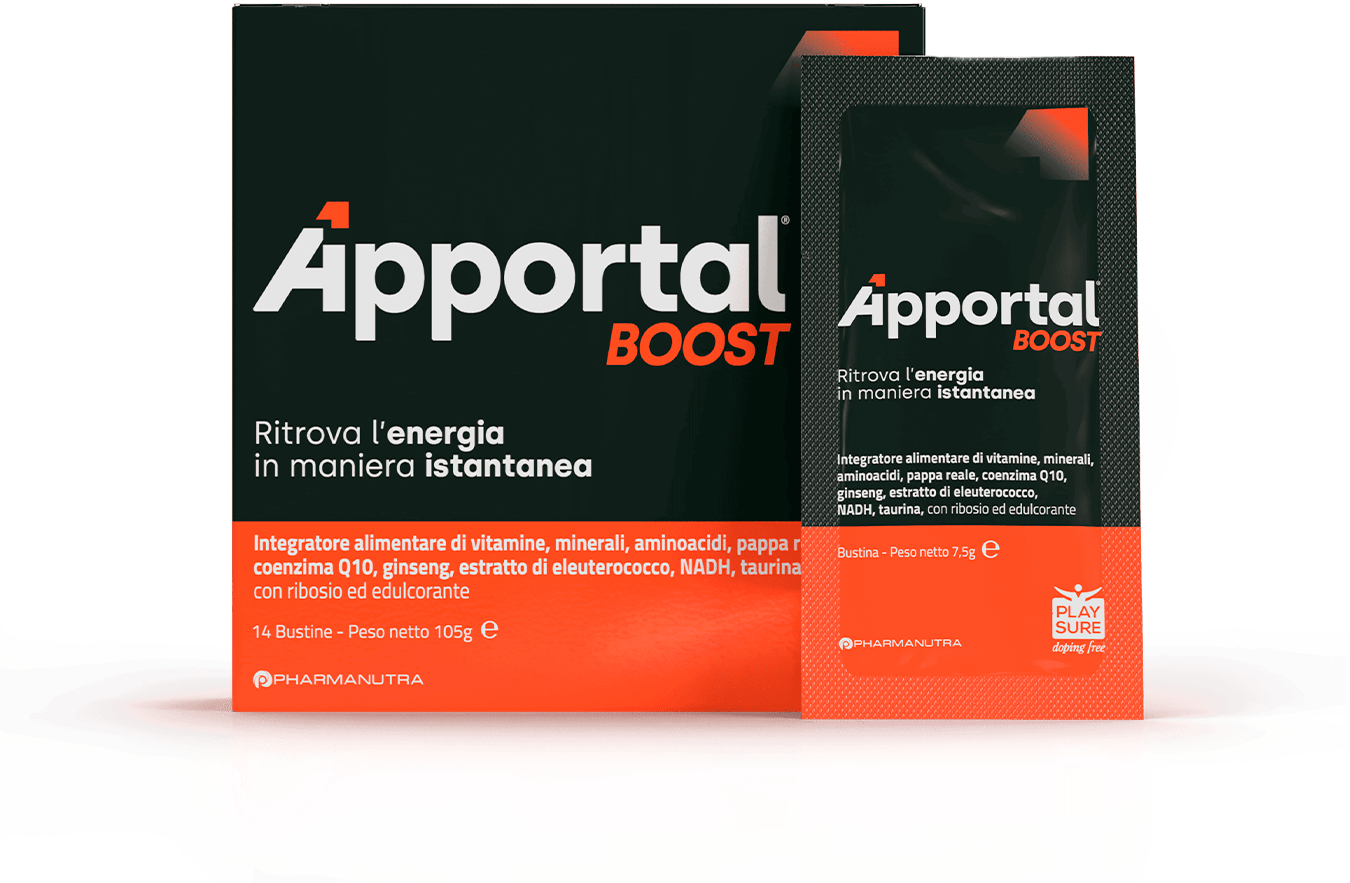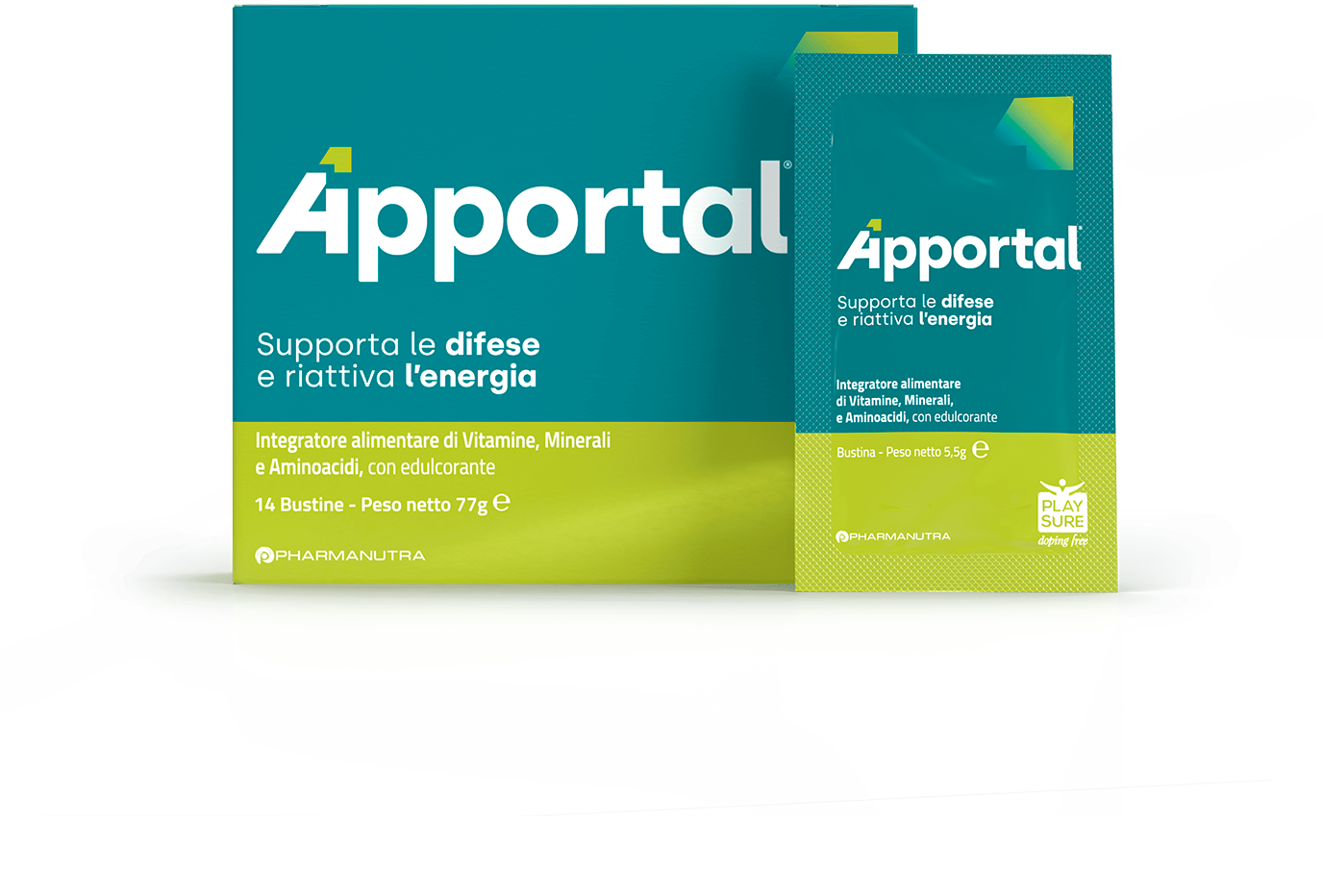What is the immune system? This brief overview offers better understanding of how it works and, consequently, how to take care of it.
The immune system has three main functions:
- To protect the body from pathogenic agents, so viruses and other external agents that are responsible for diseases.
- To eliminate dead or damaged cells and tissues and old red blood cells.
- To recognise and remove anomalous cells.
The immune system consists of various factors that can be defined as mechanical and chemical barriers used to defend the body from pathogenic agents. In detail, the immune system consists of:
- Primary Lymphoid Organs, including white blood cells.
- Secondary Lymphoid Organs, which catch the harmful materials that are then eliminated by the red blood cells.
The immune systems also includes:
- The skin: the integrity of the skin represents a physical barrier that is impossible for most micro-organisms to pass through.
- Sweat: the acid pH of sweat ensures effective antimicrobial action.
- Lysozyme: this enzyme is found in tears, nasal secretions and saliva and is able to destroy bacteria.
- Sebum: lipophilic substance produced by the oil glands in the skin, with a protective action, in synergy with the acid pH of sweat.
- Mucus: substance produced by the digestive, respiratory, urinary and genital systems, which catches pathogenic agents and makes them easier to expel.
- Ciliated epithelium: withholds foreign bodies, making them easier to expel in catarrh.
- acid pH in the stomach: with a very low pH, this destroys micro-organisms introduced through food.
- Body temperature: the normal human body temperature hinders the proliferation of some pathogenic agents.
How to understand if the immune system is debilitated
The body has many ways of warning us that our immune system is temporarily weakened and needs additional support. The most common symptoms are:
- Shivers
- Tiredness
- Muscle pain
- Cold
- A mild fever
- Frequent sore throat
- Herpes
- Intestinal problems
- Dry skin
- Anaemia
The first rule to follow if you think your immune system is in a poor condition is to adopt a healthier and more balanced lifestyle, and secondly, consult your GP to exclude any diseases that may require pharmacological treatment.
Supplements for the immune system
A healthy immune system is therefore fundamental in maintaining a healthy body. However, in some periods and situations, the immune system is more subject to overload. There are various causes:
- Excess stress.
- Common illnesses, such as a cold.
- An excessive or prolonged use of drugs that especially affect the intestines, such as antibiotics.
- Environmental factors such as the change of seasons, drastic reduction in temperature, humidity.
- An unbalanced diet.
- A sedentary lifestyle.
- Not enough sleep.
- Physical fatigue.
In these cases, low immune defences affect the protective functions, causing greater exposure to pathogenic agents which are potentially harmful to the body. This is why in these cases it may be worth taking nutritional supplements of vitamins and minerals.
The ApportAL® product range contains an ideal formula for helping the body to correct its immune response, improving its ability to tackle weakness, fatigue and infections.
This is thanks to its immunomodulating action, promoted by:
- Vitamin D3: regulating the immune system functions and reducing inflammation.
- Vitamin C: strengthening the immune system, helping the body to neutralise free radicals.
- Vitamin E: supporting cell renewal and protecting the cells from oxidation.
- Selenium: It is fundamental for protecting the cells from oxidative stress and the risk of cardiovascular diseases.
- Iron: carrying oxygen from the lungs to the rest of the body, contributing to the renewal of connective tissue (including the skin).
- Zinc: It plays a vital role in the development of lymphocytes and the production of antibodies.
- Eleutherococcus: It is important for fighting weakness and excessive fatigue, contributing to recovering strength during convalescence.







